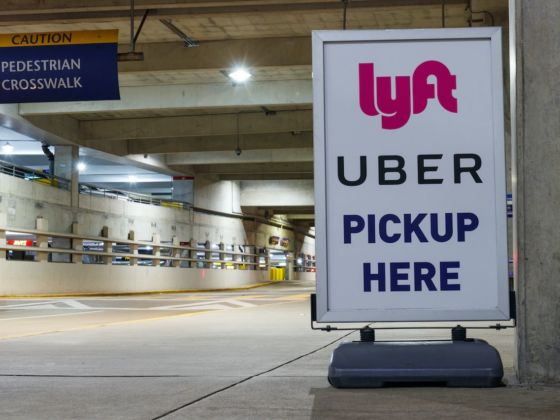You might believe that foregoing your own vehicle for a ride-hailing service is beneficial for the environment, but according to a new study, that’s not exactly the case. The Union of Concerned Scientists just released new data that shows ride-hailing trips generate about 69 percent more climate pollution on average than the trips they replace, including public transportation, biking, and walking.


Study Shows Ride-Hailing Apps Pollute 69 Percent More Than the Trips They Replace
According to the report by the Union of Concerned Scientists, “For ride-hailing to contribute to better climate and congestion outcomes, trips must be pooled and electric, displace single-occupancy car trips more often, and encourage low-emissions modes such as mass transit, biking, and walking.” The study explains that “a non-pooled ride-hailing trip generates about 47 percent greater emissions than does a private car trip in a vehicle of average fuel efficiency.”
Both Uber and Lyft have spearheaded new initiatives to tackle their carbon footprint, including public transportation scheduling and ticketing features within their apps, driver incentive programs to encourage the use of cleaner vehicles, and EV and hybrid vehicle options for passengers. But they need to do more, the report explains.
Lyft, however, isn’t buying into the data. In response to the report, a spokesperson from Lyft said, “This report, like many before it, makes misleading claims about rideshare.” Uber is taking a more conciliatory approach, issuing a statement that said, “We will continue to invest in products and advocate for policies that reduce car ownership, promote more pooled trips and support greater adoption of bikes, scooters, green vehicles and the use of public transit.”